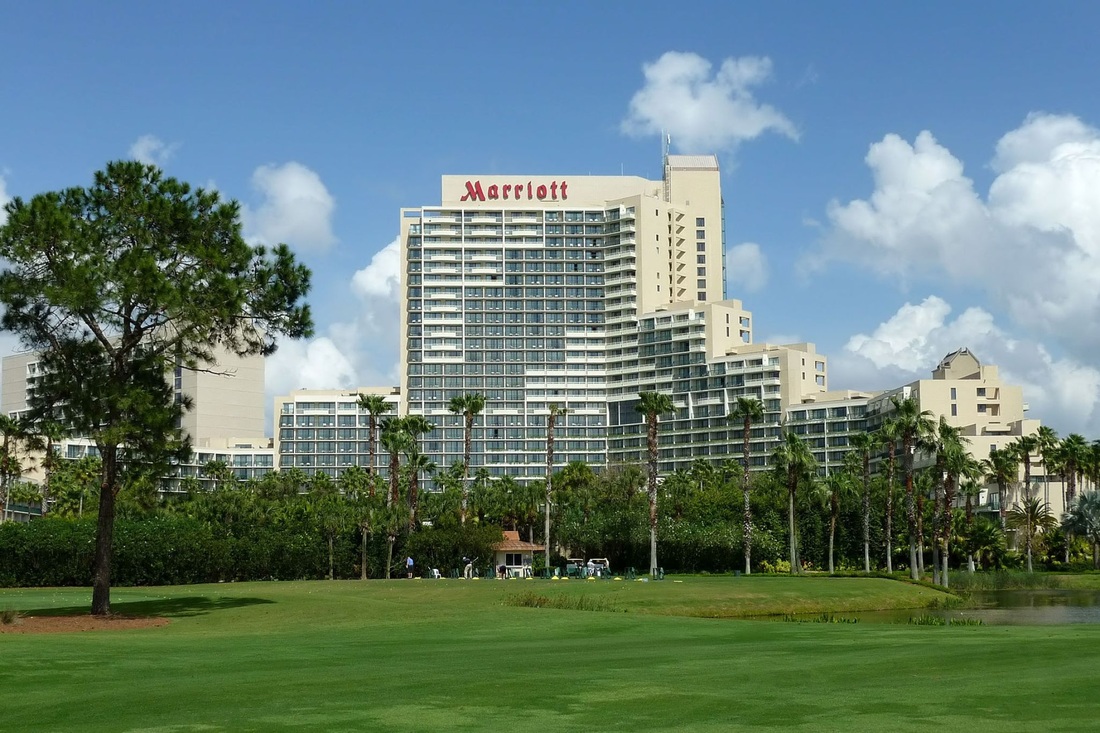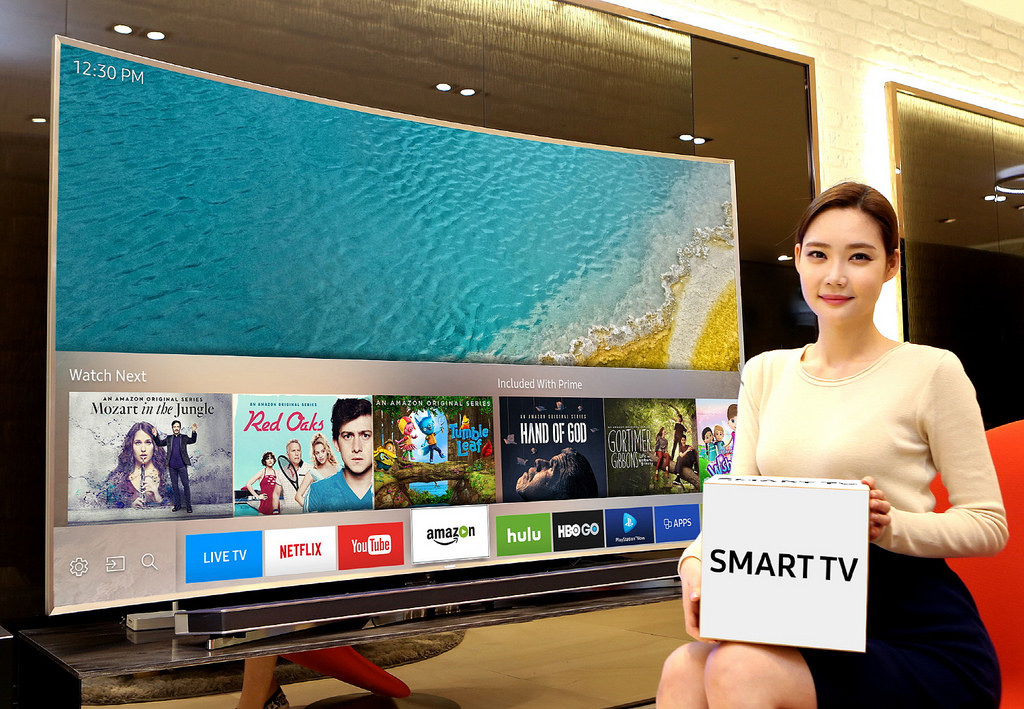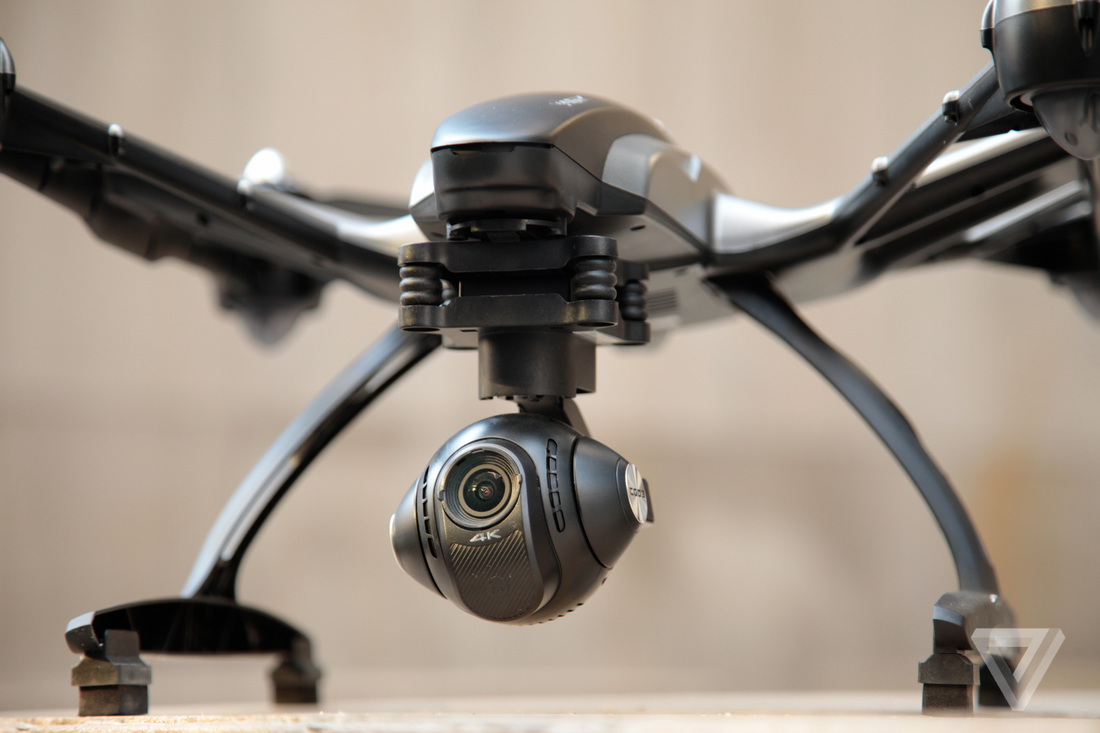Microsoft laid out its arguments against the petition in the filing, stating that a Wi-Fi hotspot set up by a hotel guest is authorized to operate in the unlicensed spectrum, and pointing out that "wilfully excluding these other authorized devices from using that unlicensed spectrum, under the guise of mitigating so-called threats to the reliability (performance) of an operator's own network, violates Section 333," which bars "wilful or malicious interference" to radio signals." The company also pointed out that by restricting the ability to set up their own connections, Marriott would be forcing the customer to pay to access the hotel's own Wi-Fi, having already paid their mobile operator for the ability to set up a hotspot anywhere.
The hotel chain had argued that it wasn't breaking the law, but was protecting its guests from "rogue wireless hotspots that can cause degraded service, insidious cyber attacks and identity theft." But Marriott's arguments are weak, as there are several examples that show guests are far safer jumping onto their own personal Wi-Fi hotspots than they are connecting to a potentially compromised hotel Wi-Fi network. In November, for example, Kaspersky Labs discovered a group of hackers targeting high-profile business executives who were working from luxury hotels.




